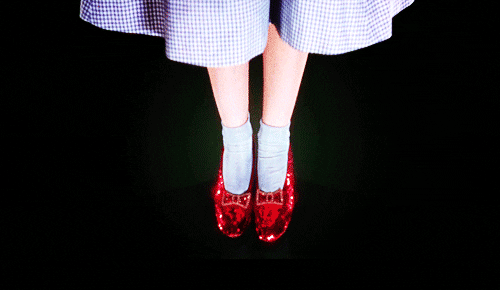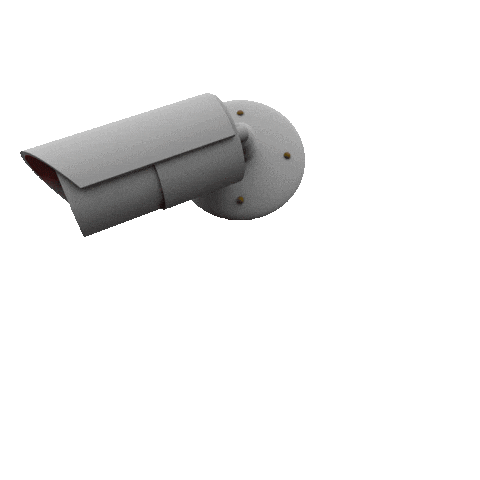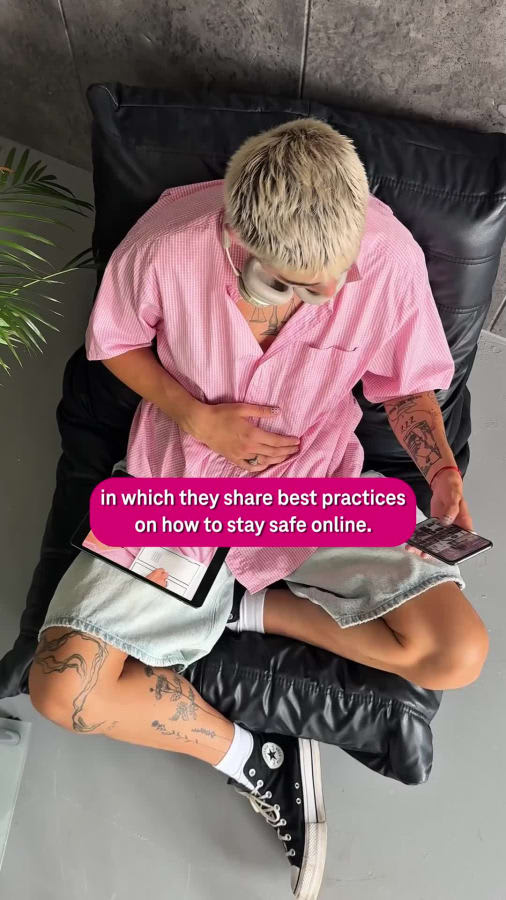There’s someone out there pretending to be you online. Well, not just one, there are many. Invisible versions of you, scattered across the internet. Built from your clicks, searches, and scrolls, they know your quirks, your habits, even your secret fascinations. And while you weren’t looking, they started shaping what you see next.
These are your digital doppelgangers: data-based versions of you, pieced together from everything you do online. What you write and post, what you hover on but don’t click, what you buy, what you almost buy, what you like, skip, or save for later—it all feeds into their creation. You didn’t ask for them, and you definitely didn’t create them yourself, but they were built from even the smallest things you do.
Each doppelganger lives in a different corner of the internet. One knows your taste in crushes, even the ones you won’t admit to yourself. Another tracks your moods through the music you listen to or the content you binge late at night. Others watch your routines, what time you walk home, where you linger when you shop, or what you search when you can’t sleep.
At first, it feels useful. It’s like your feeds just get you. Your digital doppelgangers serve you your favourite songs, videos that make you laugh, ads that are weirdly specific, all delivered on a silver platter. But this isn’t just personalization; it’s prediction. These doppelgangers aren’t just learning from you, they’re steering you. They decide what shows up in your feed, what gets repeated, and what quietly disappears.
The more they learn about you, the more valuable you become. Not to yourself, but to advertisers, data brokers, and platforms you’ve never heard of. Every click, every scroll, every hesitation adds another layer to your profile, which gets packaged and sold. It’s not just about showing you things you’ll like; it’s about sorting you, targeting you, and making decisions about you. Without you even knowing.
The same systems that tailor your world will also limit it. Over time, you start seeing the same kind of person over and over again. Same jokes, same content, same jawline. Your feed loops with the same opinions, aesthetics, and hot takes. What once felt personal starts to feel predictable, and your individuality slowly gets flattened into something more clickable, more beige, more expected.
When your online world gets smaller, your sense of self can shrink too. That’s the quiet danger. Algorithms don’t just reflect who you are, they nudge you toward a version of yourself that’s easier to predict, sell to, and control.
But here’s the good news: you’re not stuck with these versions. You can change the power dynamics and start taking control over your digital selves.
Here’s a good place to start:
Don’t sync accounts: When platforms say they’ll “make things easier” by connecting everything—don’t do it. Every connection and synced account make their version of you sharper.
Check what they know: Look at your ad interests and tracking history. Most platforms have a page for this. If you’re in the EU, GDPR laws let you request what’s been collected about you and delete it if you want. Use that power.
Use privacy tools: Try tracker blockers, VPNs, or private browsers. They won’t erase your digital double, but they’ll make it harder for the system to track you in the future. Remember, they’re not you: These profiles are built to sell, influence, and sort you. But they’re not who you really are.
You’re allowed to change. To explore new sides of yourself. To be unpredictable, messy, contradictory: human.













